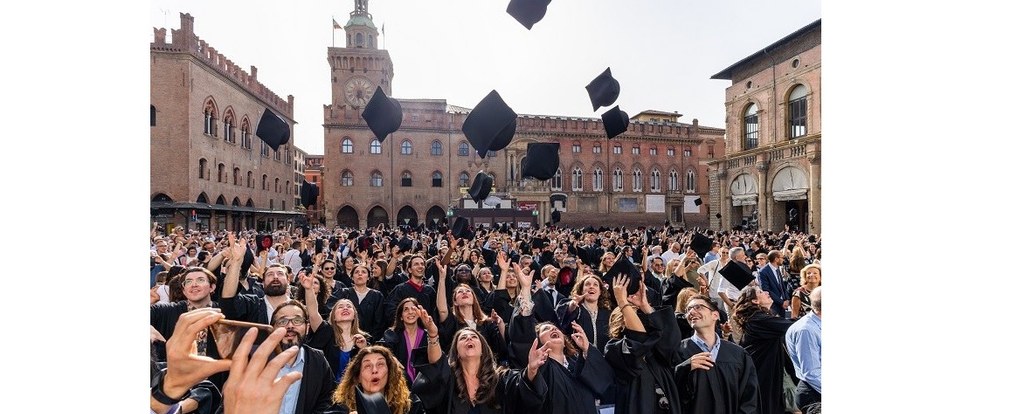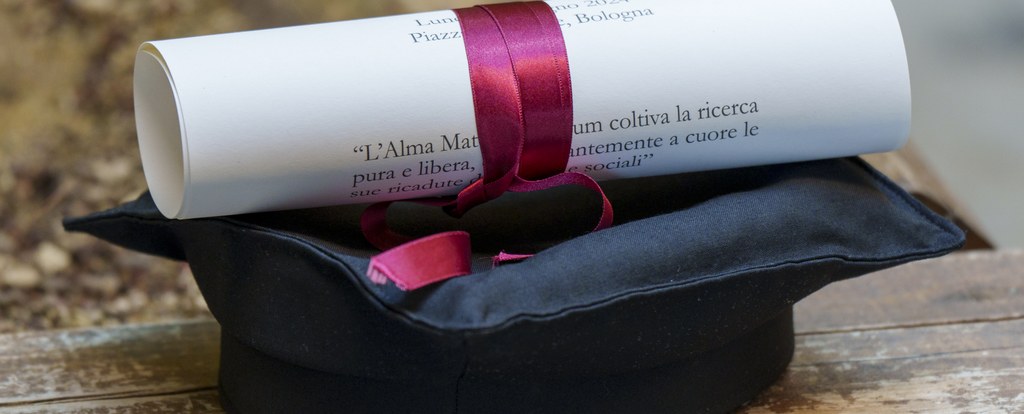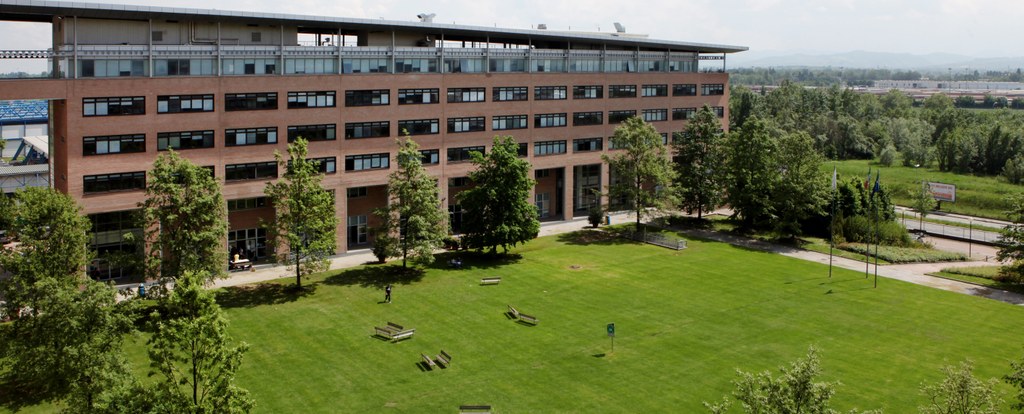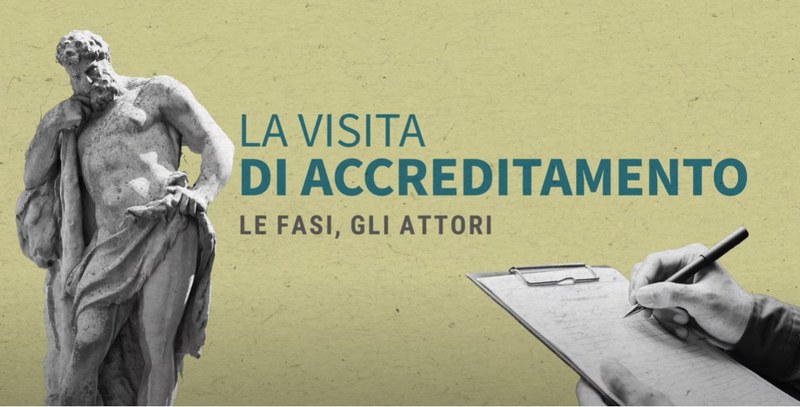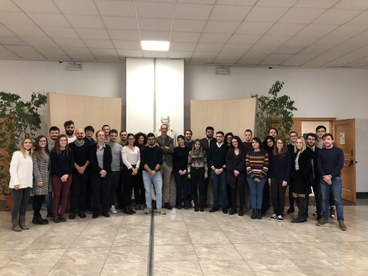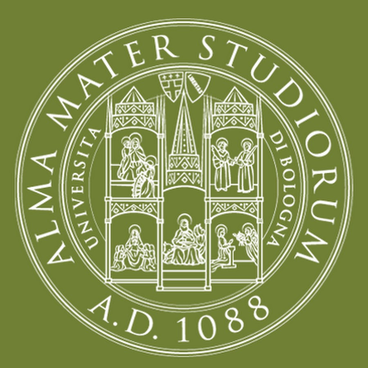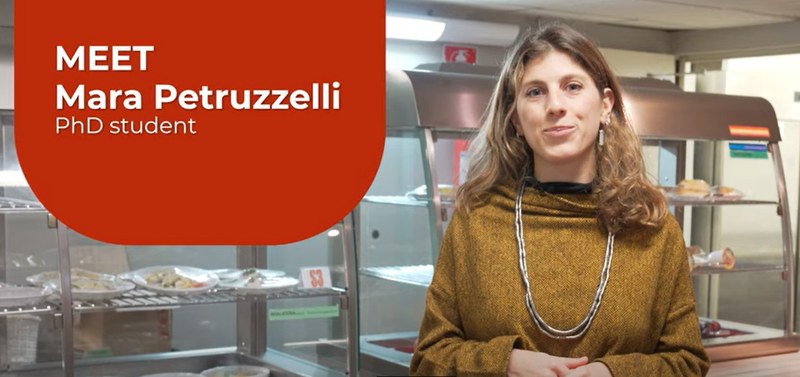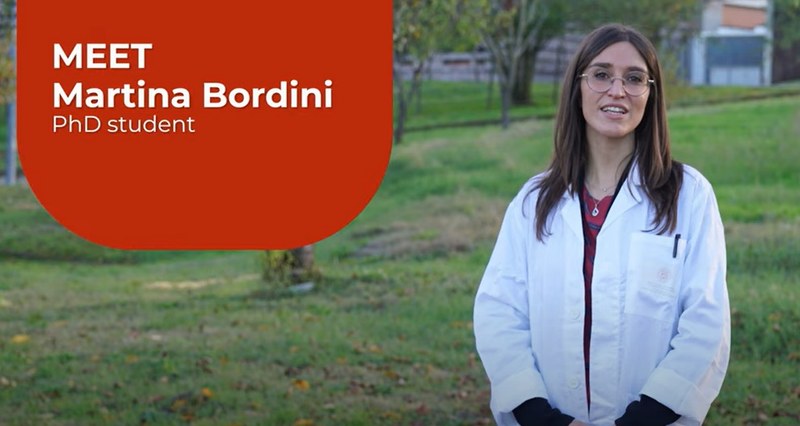Homepage
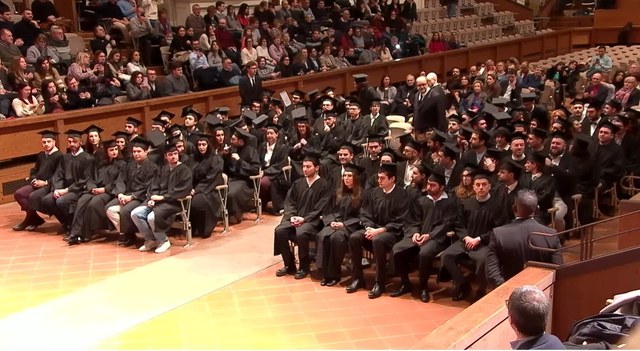
UNIBO PhD Graduates: Conferment Ceremony of the 37th PhD Cycle
On Thursday 4 and Friday 5 December 2025, the Aula Magna di Santa Lucia hosted the PhD Graduation Ceremony
Go to page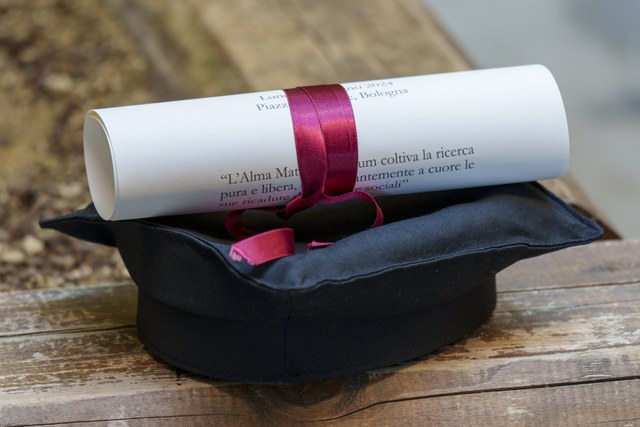
The final stages for the 38th cycle degree PhD students are approaching!
If you are in the 38th cycle, take a deep breath and check the deadlines for registering for your final exam! You can find them on our website.
Go to page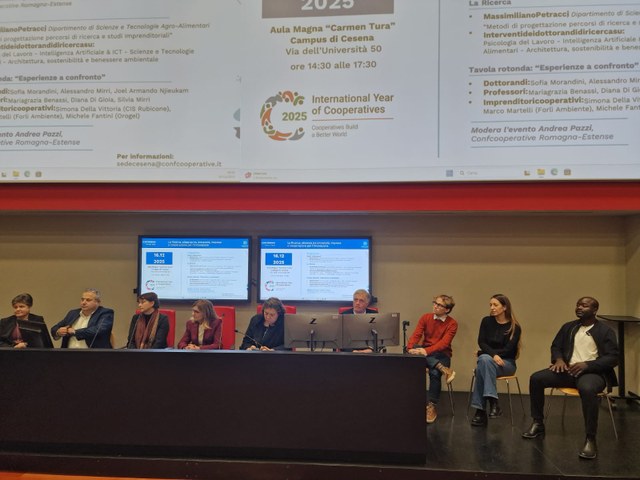
La Ricerca: alleanza tra Università, imprese e cooperazione per l’innovazione
The event “Research: An Alliance between Universities, Enterprises and the Cooperative Sector for Innovation” was held on Tuesday 16 December at the Aula Magna of the Cesena Campus. The event focused on the strategic role of research and doctoral education in strengthening dialogue between universities, the productive sector and the cooperative system.
Go to page
Kick-off meeting of the 41st cycle
“Well begun is half done.”
In this meeting, the PhD students of the 41st cycle received an official welcome from the PhD Coordinator, along with an overview of the essential information needed to navigate the STAAA PhD School effectively.
You can find the full presentiation in the page related to the people enrolled in the 41st cycle.

Contributions for health costs for non-resident students
If you are a non-resident student you can apply for the competition to request contributions.
Application deadline: 31 December.

Your Research in 3 Minutes
Applications are open for the Coimbra Group Three-Minute-Thesis Competition. If you're a final-year PhD student, you can present your research in English in just 3 minutes.
Deadline: 17 December.

PhD Call for Applications are closed
Do you feel sincerely and passionately interested in agricultural and food sciences? If so, a third-cycle education might be for you. The PhD Programme in Agricultural, Environmental and Food Science and Technology (STAAA) offers specialization in ten broad fields of the Agricultural & Food Sciences that reflect the focus of the DISTAL which is one of Italy's foremost Department in this field.
Go to page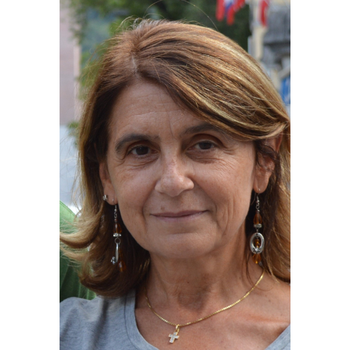
Diana Di Gioia is the Coordinator of STAAA Doctoral Program
Prof. Diana Gioia has been elected and appointed as the Program Coordinator, effective July 11, 2024.
Diana Di Gioia is a Full Professor in Agricultural Microbiology and her main research interests concern the study of beneficial and functional microorganisms and their application in plants, rhizosphere and soil to improve the quality of agricultural production and soil fertility, the application of probiotics and prebiotics to man and animals, including insects, to improve the health status and study its correlation with the composition of the intestinal microbiota. She also deals with the study of the antimicrobial activity of natural molecules and agro-industrial by-products.
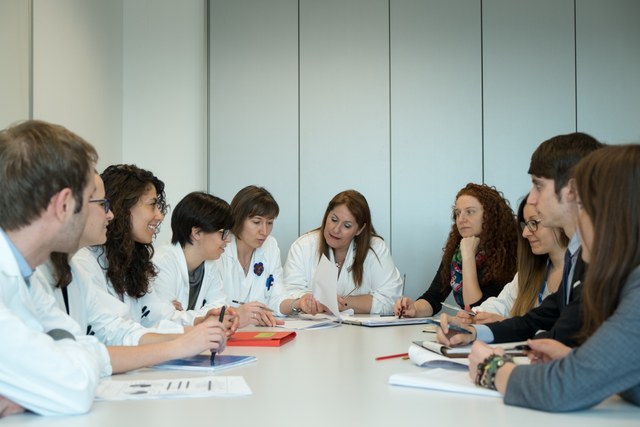
International PhD College - Admission Calls
It is possible to apply for the admission competition to the courses of the Collegio Superiore, open to students admitted to one of the PhD programs at the University of Bologna. Deadline November 6th.
Go to pageTransversal skills offered by Unibo
Take a look at the list of Transversal Skills/Competencies offered by Unibo. Please, consider that some activities are taught only in Italian.
Go to page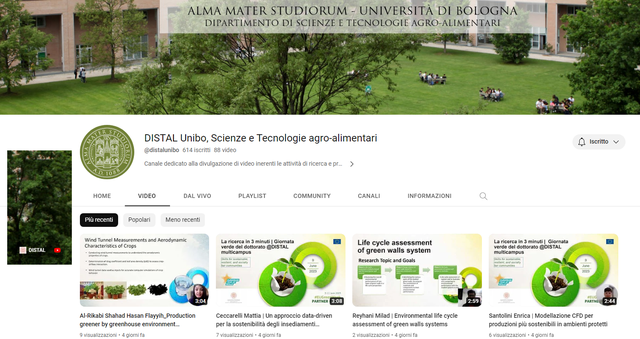
STAAA PhD students on Youtube DISTAL channel
3-Minutes-presentations taken during EU Green Week event organized by DISTAL are now available on DISTAL Youtube channel
Go to page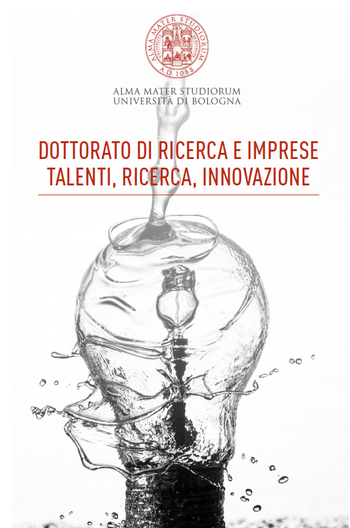
ARE YOU FROM INDUSTRY, SMES, RESEARCH INSTITUTES? DEVELOP YOUR RESEARCH PROJECTS WITH US!
Companies can establish joint research and training activities with our doctoral Programme, working on research topics of common interest.
Go to page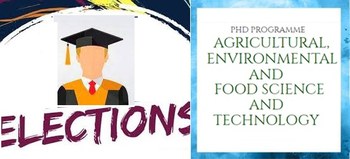
Congratulations to the new PhD Student representatives in the STAAA Academic Board for the next three years
Joana Cupi and Mario Guida have been elected as new PhD Student representatives in the STAAA Academic Board for the next three years (2025-2028)
Go to page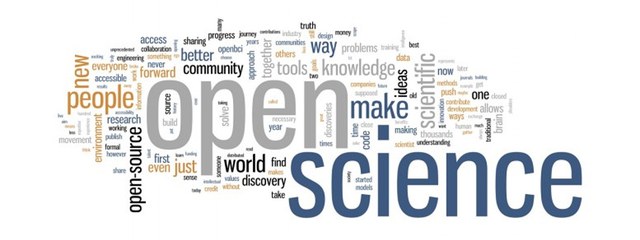
Open Science at the University of Bologna
The University of Bologna is involved in the process of developing an open, transparent, and shared science. It has included Open Science in its 2019-2021 strategical plan and has set out a University policy based on open access to research publications and data.
Go to pageANVUR Accreditation Visit 2025
How the visit works, its phases, and the actors involved. For english, please enable automatic subtitles
COURSES, SEMINARS & EVENTS for STAAA PhD STUDENTS
Meet Mara Petruzzelli, STAAA PhD Student - Adequate school food environments for all
Mara Petruzzelli talks about the Laboratorio di Ristorazione Sostenibile. A living-lab participated by different stakeholders and promoted together with the Regione Emilia-Romagna to improve the sustainability of the collective catering sector, and in particular of school canteens, and aiming to mobilize different local actors to implement joint solutions.
Meet Martina Bordini, PhD Student - Improving chicken meat sustainability and quality
Chicken meat is the most widely consumed meat worldwide. Over the past 15 years, the poultry industry has faced the occurrence of meat defects that negatively impact the quality and nutritional value of chicken meat, compromising its overall sustainability. The objective of Martina's research is to explore the fundamental causes of these defects in chicken meat and potentially identifying biomarkers usable as a strategy to reduce their incidence level.
